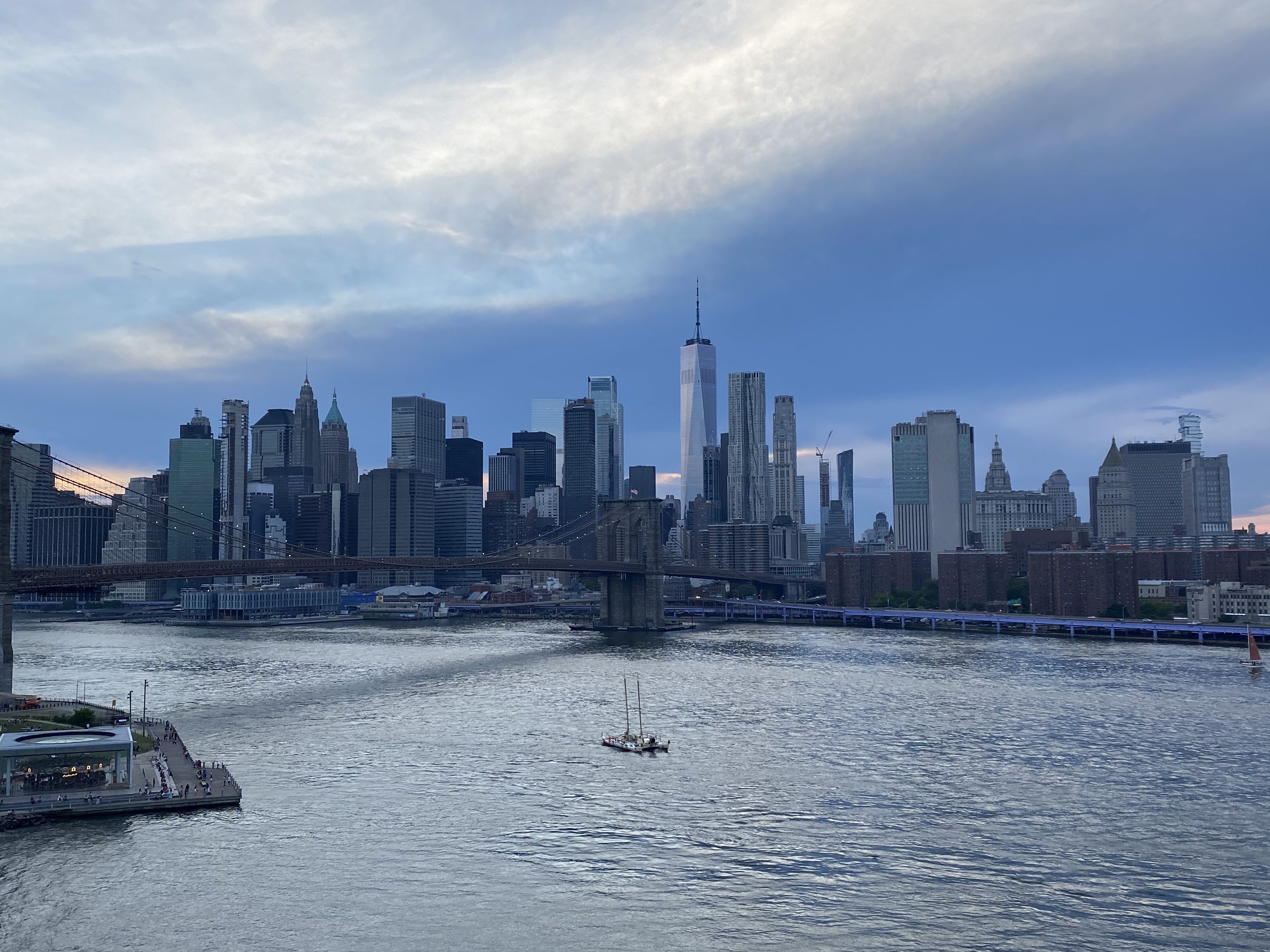 Iraqi Prime Minister Nuri al-Maliki on Thursday unveiled a broad-based political alliance to fight January’s general election, hailing a “historic” moment for a country often torn apart by sectarianism.
Iraqi Prime Minister Nuri al-Maliki on Thursday unveiled a broad-based political alliance to fight January’s general election, hailing a “historic” moment for a country often torn apart by sectarianism.
The State of Law Coalition, comprised of 40 political parties and groupings, will include candidates from Iraq’s ethnic majority Shiite community as well as Sunni tribal leaders and candidates from other minority groupings.
The establishment of the new electoral list will put Maliki, a Shiite, against the ruling Shiite-dominated bloc, which the premier broke away from in August.
“The formation of this alliance marks a historical turning point in the process of rebuilding the modern Iraqi state … and represents all Iraqis,” he told a gathering of candidates and tribal leaders in central Baghdad.
“This coalition has personalities who are not aligned to a (single) community or ethnicity,” Maliki said.
With the polls just three months away, Maliki’s coalition includes Sheikh Ahmed Abu Risha, a key Sunni leader who turned against Al-Qaeda to play a major role in reversing the violent insurgency which engulfed Iraq in 2006 and 2007.
The premier is also backed by Oil Minister Hussein al-Shahristani, a Shiite, several other ministers, as well as independents and Kurdish, Christian and Turkmen candidates.
The announcement in the capital’s Al-Rasheed hotel was attended by hundreds of tribal sheikhs, and Muslim and Christian leaders.
Maliki announced in August he was breaking ranks with his ruling coalition ahead of the election, instead aiming to establish a multi-confessional coalition including tribal Sunni leaders as well as Shiite candidates.
Iraq’s last parliamentary elections in 2005 were seen as strictly divided along sectarian lines, but Maliki hopes a cross-sectarian alliance can bridge a divide which has marred politics and security since the 2003 US-led invasion.
“This is a genuine move to lift sectarian barriers — there is commitment to the unity of Iraq, to regain the country’s sovereignty,” said Hashim al-Hasani, a Sunni and former parliament speaker.
“We think this list is able to cross the sectarian divide and become a really national list.”
Shiite parties clinched 128 seats in the 275-strong parliament at the 2005 election.
Neither Maliki nor his Dawa party stood in January’s provincial elections, which were seen as a de facto referendum on his leadership, with the premier instead campaigning for candidates under a State of Law Coalition banner.
His allies won a resounding victory, taking the majority of votes in Baghdad and eight of Iraq’s nine Shiite-dominated provinces.
But Maliki’s position as guardian of Iraq’s security has come under pressure in recent months after a spike in violence — including twin truck bombings against government ministries in Baghdad in August — that has killed hundreds and wounded many more.
A downward trend in unrest earlier this year appears to have been reversed since US troops pulled out of Iraq’s cities and towns at the end of June.
The number of violent deaths in Iraq hit a 13-month high in August, raising fresh concerns about stability after the government admitted that security has been worsening.

